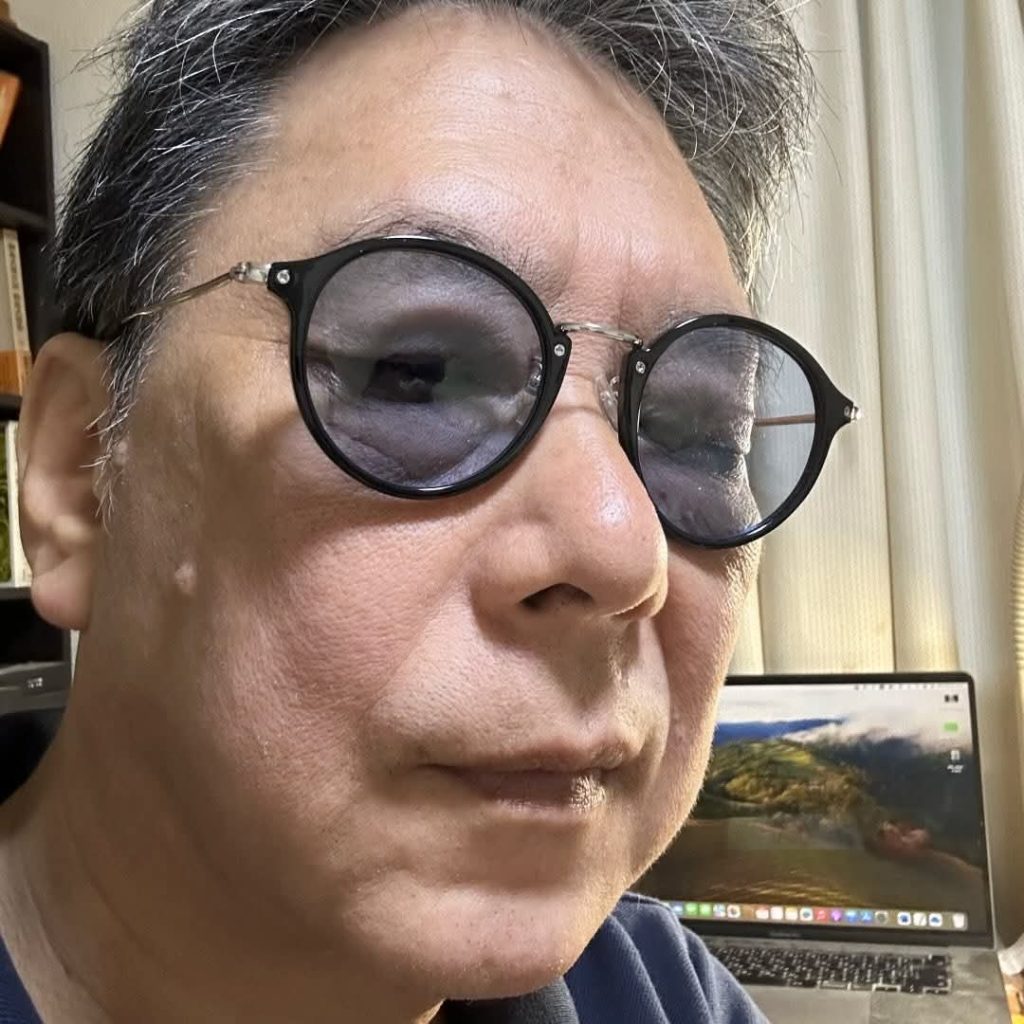
In Your Eyes
Different colors of red I paint on your lips with mine
and one soul has always been shared between us
You have walked every step with me in this life
And we will continue together through eternity
No other hand will ever touch my skin
And no other heart will ever beat with mine
In your eyes I’ve seen the glow of the moon at night
and the beauty of the golden sun at dawn
There has never been anyone who can compare
to the heart which holds all the love within me.
Look upon me as you always have…
Like a thief waiting to steal a precious treasure from within me.
Long Ago I Wrote a Love Poem
Long Ago, I wrote a love poem
that filled the pages of my heart
I never said who I was writing it for
I don’t think I even knew at first
Then I found that something was missing
with each love poem I tried to write
Every poem I had written with you came easily
but without your lines, they felt incomplete
I watched others try to finish your poems
I never spoke a word of discouragement
But in my heart I knew the reason
and now, I think you do too
No one can finish your poem but me
because we write as one person together
And the same goes for my poems without you.
A bond that has always baffled us both
now makes perfect sense…
Our Colorful Dream
I have had more intimate conversations with you
looking into your eyes in silence than speaking.
Life was so empty until you appeared one day
as a result of a prayer I prayed in sadness.
You now bring the sun into my once dark life
and have transformed my hues from black to gold.
You became the knight in my once woeful tale
and I long to stay the beautiful dream in your realm.
I have watched our love grow so strong over time
that no evil could ever penetrate our colorful dream.
You are the love story who became my reality.
Kristy Ann Raines is an American poet and author born in Oakland California, in the United States of America. She is an accomplished Global Poet and Writer who has written and published three books.
* “The Passion Within”, by Kristy Raines
* “I Cross my Heart from East to West”, by Kristy Raines and Dr. Prasana Kumar Dalai
* “Echoes Across the Oceans”, by Kristy Raines and Nasser Alshaikhahmed
Kristy is right now writing a few children’s books, which will be released sometime this year.





